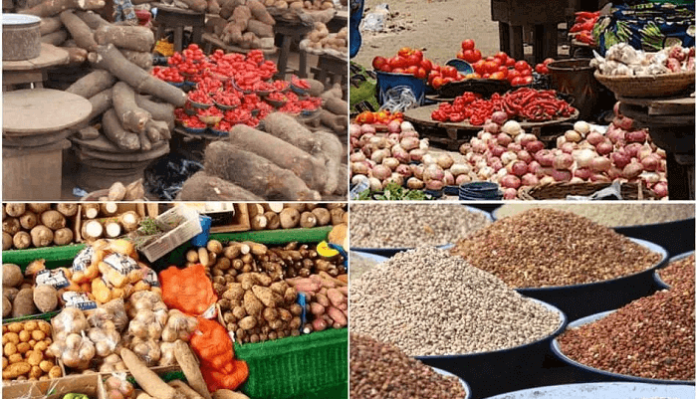New Cadre Harmonisé (CH) projections released on Friday forecasted that about 33.1 million Nigerians will face acute food and nutrition insecurity by mid-2025.
The analysis, conducted by the federal government in collaboration with the Food and Agriculture Organisation of the United Nations (FAO) including multiple partners, showed that by December 2024, an estimated 25 million people will be experiencing acute food insecurity, with North-East and Central parts of the country being the hardest hit.
According to the report, key drivers of the crisis include persistent insecurity, inflation, climate shocks, and high poverty rates.
The report stated that over 514,000 internally displaced persons (IDPs) in Borno, Sokoto, and Zamfara States, will likely face crisis-level food insecurity or worse between June and August 2025. This includes residents of 26 states and the Federal Capital Territory (FCT).
In terms of food consumption and nutritional concerns, many households are expected to experience severe food consumption deficits, specifically as Nigeria enters its annual lean season next year.
If Nigerians continue with disrupted livelihoods and rising economic pressures, the survey noted that many communities may transition from moderate stress to more severe critical food consumption phases.
The report also highlighted that acute malnutrition levels have reached alarming rates in several regions.
Given examples, the CH assessment noted that in Borno State, Maiduguri has reported the highest rate of Global Acute Malnutrition (GAM) at 18.1%, while Jere has reached 14.9%. The situation is similarly critical in other Local Government Areas in Northern and Central Katsina State.
The Cadre Harmonisé report outlined the critical need for comprehensive interventions as well as emergency food assistance, resilience-building programmes, and targeted support for vulnerable households were required to prevent further escalation.
The report also called for urgent action from both the Nigerian government and international donors to avert a severe humanitarian crisis in 2025.
FAO Country Representative to Nigeria and ECOWAS, Kouacou Dominique Koffy, called for urgent priorities and a unified approach for addressing food and nutrition security.
Represented by Tofiq Braimah, Koffy said, “With the concerted efforts of government, CH stakeholders, and the international community, we can move closer to alleviating hunger and reducing suffering for Nigeria’s most vulnerable”
Remarking on the report, Permanent Secretary, Federal Ministry of Agriculture and Food Security, Temitope Fashedemi, reaffirmed that the government was committed to upholding and applying the findings from the report to guide food and nutrition security programme across states.
Represented by Kilishi Mohammed, Fashedemi recognised the contributions of numerous partners and sectors in maintaining the quality and scope of the report.




